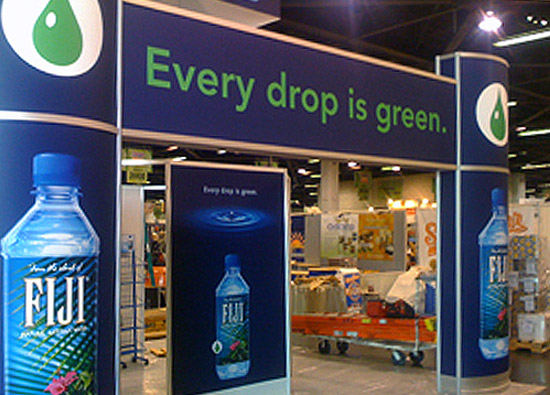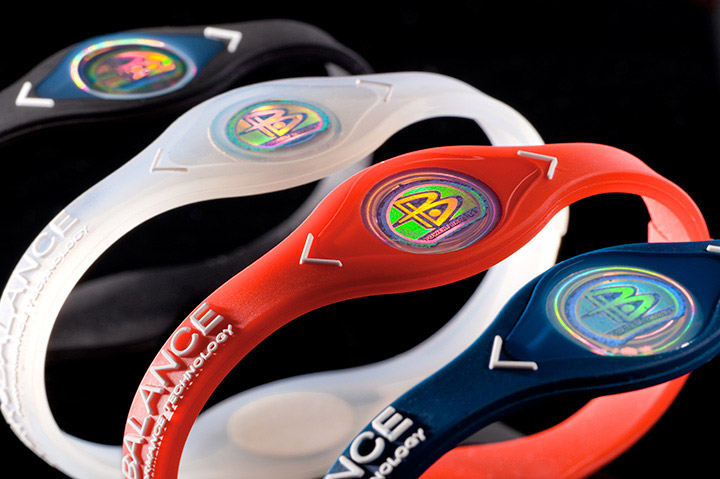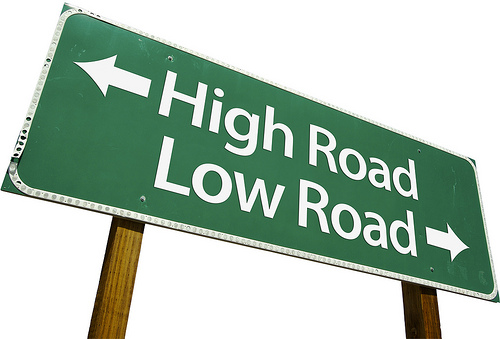Fiji Water Flees Fiji
Submitted by Anne Landman on
 The Fiji bottled water company is stomping out of Fiji in protest after the country's government increased a tax it charges on the water from one-third of a Fiji cent to 15 cents per liter. Half of Fijians lack access to safe water while the Fiji Water company exports clean bottled water to the U.S., where Americans shell out 3,300 times what tap water costs to buy it. According to the U.S. Environmental Protection Agency, Americans pay around .002 to .003 cents per gallon for tap water, while one liter of Fiji water (less than a quarter of a gallon) costs about $2.19. Wenonah Hauter, Executive Director of Food and Water Watch says, "Like oil in the 20th Century, water has become increasingly managed by corporate cartels that move it around the globe, where it flows out of communities towards money ... Water must be managed as a common resource, not a market commodity." Ironically, Fiji Water, Coca-Cola and PepsiCo -- beverage companies that also extract water from developing countries facing water scarcity -- have been named finalists for the U.S. Secretary of State's 2010 Award for Corporate Excellence.
The Fiji bottled water company is stomping out of Fiji in protest after the country's government increased a tax it charges on the water from one-third of a Fiji cent to 15 cents per liter. Half of Fijians lack access to safe water while the Fiji Water company exports clean bottled water to the U.S., where Americans shell out 3,300 times what tap water costs to buy it. According to the U.S. Environmental Protection Agency, Americans pay around .002 to .003 cents per gallon for tap water, while one liter of Fiji water (less than a quarter of a gallon) costs about $2.19. Wenonah Hauter, Executive Director of Food and Water Watch says, "Like oil in the 20th Century, water has become increasingly managed by corporate cartels that move it around the globe, where it flows out of communities towards money ... Water must be managed as a common resource, not a market commodity." Ironically, Fiji Water, Coca-Cola and PepsiCo -- beverage companies that also extract water from developing countries facing water scarcity -- have been named finalists for the U.S. Secretary of State's 2010 Award for Corporate Excellence.

 Power Balance of Orange County, California makes rubber bracelets with a holographic inset that "are designed to work with your body's natural energy field" to increase strength, balance and flexibility. The bands sell on Amazon.com for anywhere from $4.25 to $30.00. The company has poured tens of millions of dollars into a marketing campaign that features sports heroes and athletes like
Power Balance of Orange County, California makes rubber bracelets with a holographic inset that "are designed to work with your body's natural energy field" to increase strength, balance and flexibility. The bands sell on Amazon.com for anywhere from $4.25 to $30.00. The company has poured tens of millions of dollars into a marketing campaign that features sports heroes and athletes like  Jack O'Dwyer, who publishes a
Jack O'Dwyer, who publishes a